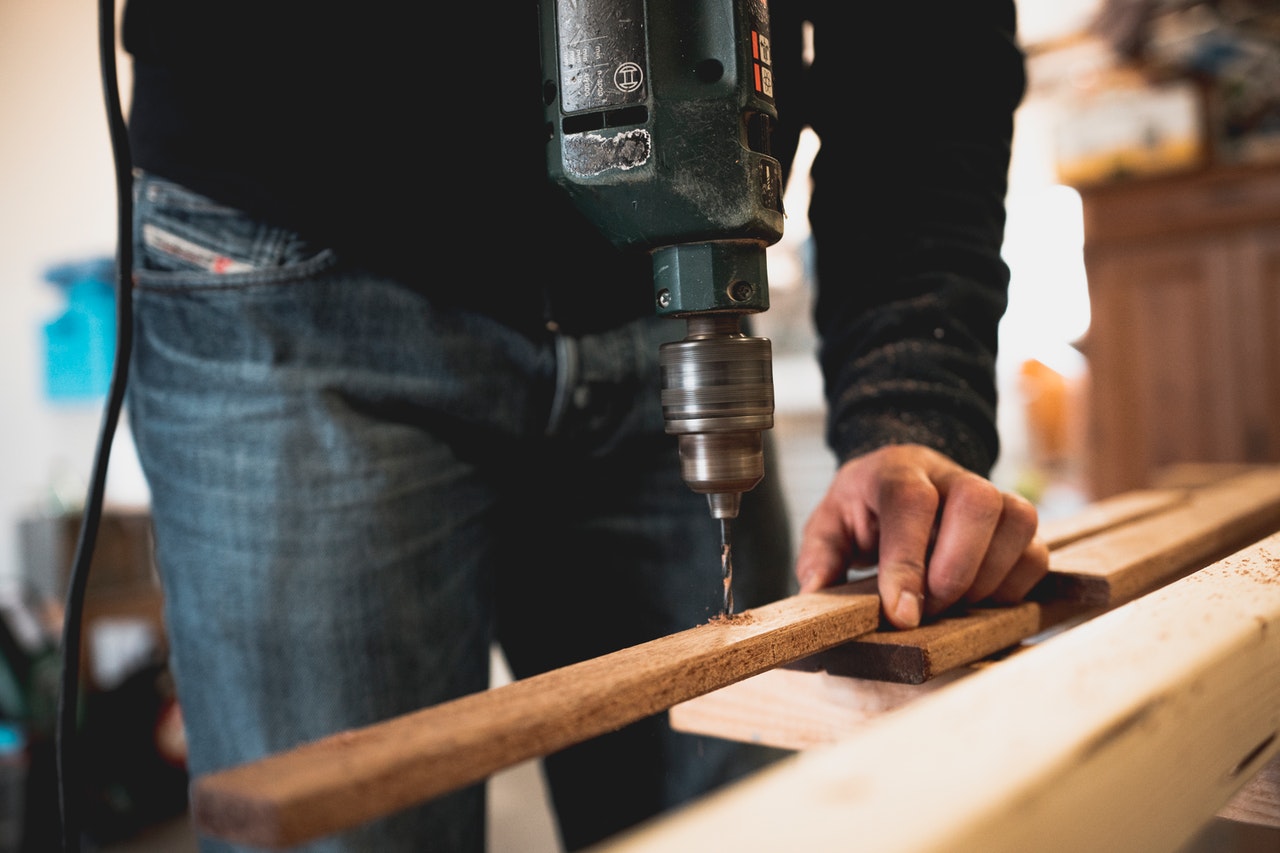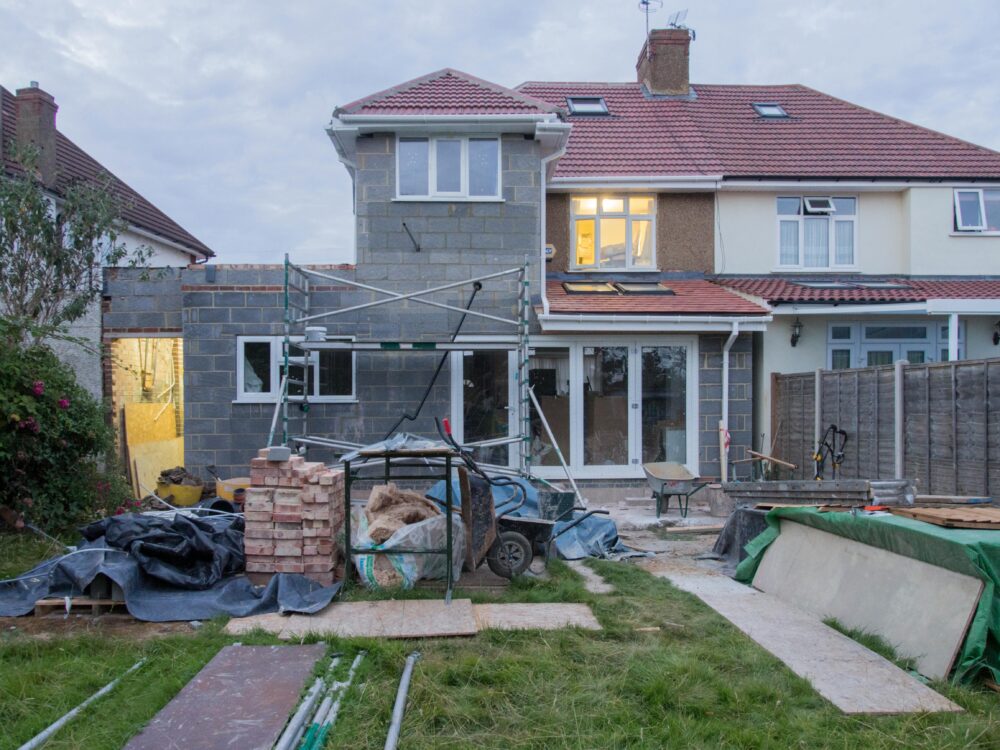
Image Source: Pexels.com
Home maintenance is expensive no matter if it’s done professionally or by the homeowner. On average, over $13,000 is spent on services. This is related to the cost of materials, potential damage, and the hiring of maintenance crews.
Many homeowners attempt to make the necessary repairs on their own to save money. Calling for assistance is their last recourse. Therefore, these individuals must take the necessary precautions when tackling a home maintenance project.
If you’re one of these individuals here are 5 tips you need to know.
1. Do Your Research
You can’t start a home maintenance project without research. Reviewing the necessary protocols determines its difficulty and the tools required to repair or replace equipment. Research also lets you know if the maintenance should be handled by a professional.
For instance, let’s say you want to repair your oil heater. This is not a task that should be taken lightly. It’s equal parts toxic and dangerous to fix this item by sight. You need to research step-by-step guidelines to make a repair that stays.
Thus, maintenance such as this might require purchases from specialty tool stores or sites like Tool Fetch. Checking for a leak in your tank normally requires a hydrostatic test pump, which you may need to purchase or rent.
Needless to say, read manuals and review YouTube videos if you don’t know how to use a certain tool or perform maintenance.
2. Don’t Let Little Things Get Big
The small leak under your kitchen sink is currently more of a nuisance than an issue. Nevertheless, it’s a sign of a larger problem, and it’s one that can quickly grow if not treated. Though a slow leak now, the smallest thing can damage the pipes to the point the whole system needs to be replaced.
Don’t let these items sit without maintenance. Immediately fixing a leak or a broken item in your home saves both time and money, particularly if you require professional help. Service firms charge more for heavy issues than they do for minor ones.
3. Perform Maintenance On A Schedule
You don’t have to wait for a piece of equipment to fail to perform maintenance. There are several things you can do throughout the year to maintain peak operations and minimize risks.
For example, change the air filter in your HVAC unit every 30-60 days to avoid damage to your heating and cooling systems. At the same time, schedule bi-annual service so the heat and air conditioner so they don’t fail when they’re needed. Change the batteries in your smoke/CO detectors and thermostat at least once every six months.
Clean your gutters in the early spring and mid-fall. This clears the channels and downspouts from debris that result in leaks and overflow when it rains or snows. Tune-up your lawn mower prior to the first run and your snowblower before the first snow.
4. Turn Everything Off Before Maintenance
In many situations, damage to your home doesn’t happen in the midst of maintenance. It takes place when someone doesn’t take the necessary precautions before a repair. In other words, the gas, electricity, or water aren’t shut down prior to the start of a project.
When you don’t double-check these prior to maintenance you run a greater risk of damage to your home and yourself. Always check to see if these items are no longer operational before working on a piece of equipment.
5. Know When It’s Time To Bring In A Professional
There are some moments where you have to throw in the figurative towel and call a professional. Normally, it’s when a maintenance project has gotten out of hand or you know a piece of equipment is about to fail. For instance, you’d bring in a professional if the weight of debris in your gutters has caused them to sag.
There’s no shame in doing this. On the contrary, knowing your limits is a good way to maintain your home’s integrity. Bringing in professionals not only ensures the job is done right but it also increases the life of your home and the item that needs to be replaced.
Follow these above tips to make the right decisions for home maintenance. They will save you money and allow you to focus your time on more enjoyable activities.


